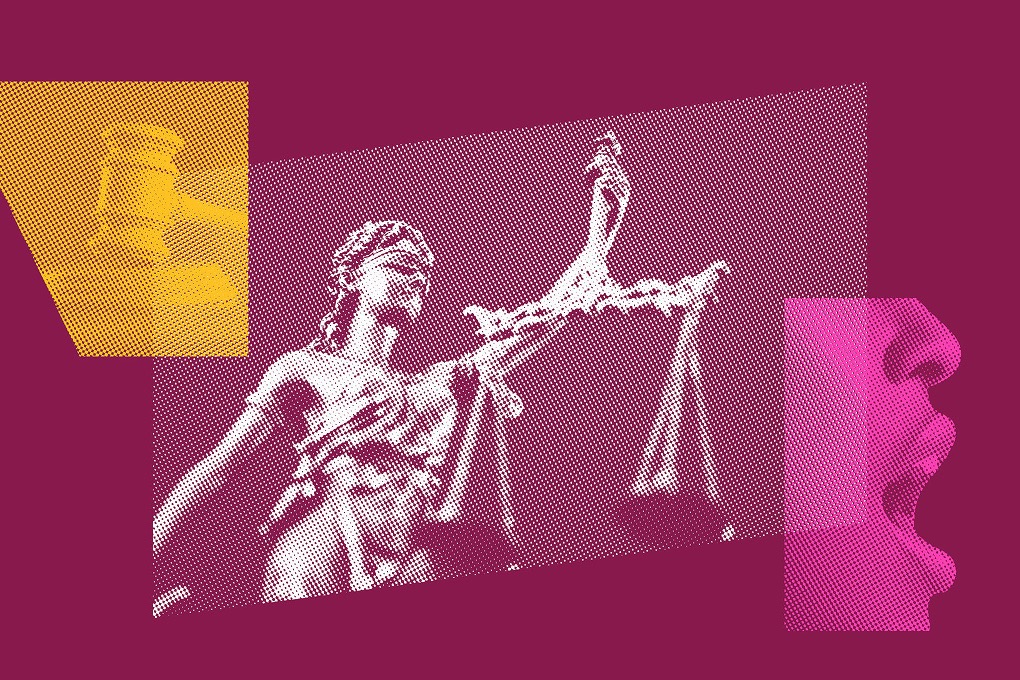Youth Justice Advocates Condemn Transfer of Children to Angola Prison
BATON ROUGE, La. — Youth justice advocates are denouncing the transfer of children to the Louisiana State Penitentiary known as Angola Prison. The state confirmed yesterday that it transferred the first group of children in juvenile custody to the prison’s former death row.
Louisiana Gov. John Bel Edwards announced the plan in July.
Angola is the largest maximum-security adult prison in the United States. It transformed from a slave plantation to a camp for mostly Black laborers exploited by convict leasing, before becoming a prison. For over a century, Angola has been a site of human rights abuses, which continue to this day.
A federal judge denied an emergency motion in mid-September to stop the state’s plan to move children involved in the juvenile justice system to the Angola site. Kids in Louisiana’s juvenile justice system are not charged with or convicted of crimes, but are adjudicated as delinquent in a civil proceeding.
Despite permitting the transfer, Judge Shelly Dick found in her order that the state would not transfer kids to the site at Angola “until the facility is ready, properly staffed, and can fully provide educational, medical, mental health, recreational, and food services,” on-site.
The underlying lawsuit is still pending.
No governor has moved kids adjudicated as delinquent and in juvenile custody to the grounds of an adult maximum-security prison. Federal law prohibits any interaction between youth and incarcerated adults — known as sight and sound restrictions — because of the risk of psychological and physical harm to the children. At Angola, teens will be held in windowless single cells with floor-to-ceiling metal bars.
In his declaration to the court from August 18, Alex A., the young plaintiff, said the possibility of being moved to Angola caused him to pull out his hair and worsened his anxiety and sleeping troubles.
“I am terrified of being moved to Angola,” he wrote. “I do not believe I have done anything to deserve that.” Youth in delinquency proceedings are legally entitled to rehabilitation — not punishment.
The following statements can be attributed as noted:
Gina Womack, executive director and co-founder, Families and Friends of Louisiana’s Incarcerated Youth
“We are heartbroken for the kids and families who are being forced to endure this state-sanctioned violence. Today, Louisiana, under the leadership of the governor, is taking a step backwards in the fight for racial justice. To be clear, this is a choice to continue to perpetuate a legacy of slavery and institutional violence. Our state leaders and systems have failed these youth. Instead of giving them the care and support they need to grow into contributing members of society, the state is causing them further trauma and harm.”
Kristen Rome, co-executive director, Louisiana Center for Children’s Rights
“The most damning aspect of the governor’s decision to move children to Angola Prison is that neither he, nor his allies, have ever attempted to explain how this will help children. This decision is immoral and impractical. A new coat of paint on the walls of death row does not make this facility appropriate for children. This facility was created to scare all of the children imprisoned in Louisiana — 80 percent of whom are Black children. The problems inside OJJ facilities are caused by adults, and yet they are being blamed on children. Until OJJ addresses the culture, operations, and policies inside all their facilities, problems will persist. Today, the governor has only made the problems worse.”
Tammie Gregg, deputy director, American Civil Liberties Union National Prison Project
“Moving kids to Angola has made Louisiana a national pariah. As state juvenile justice systems have moved toward supportive models of rehabilitation, treatment, and care, Louisiana has taken an unprecedented step away from best practices and toward punishment. We all want Louisiana’s kids to succeed and have the support they need to have bright futures. Putting them in Angola is antithetical to these shared goals and devastating to the kids who have to endure any time in the prison.”
David Utter, Fair Fight Initiative
“This is a shameful day for Louisiana, a state with a history of brutal racism in its so-called justice system. With Black youth representing over 80 percent of youth in Louisiana’s custody, it is inevitable that they will disproportionately suffer most from the governor’s policy.”
Alanah Odoms, executive director, ACLU of Louisiana
“Angola — Louisiana’s largest maximum-security prison known for its human rights abuses — is no place for kids. My heart goes out to the children and families who are being impacted by this disappointing decision. We will never stop fighting for them, and all for all our youth, because they deserve services and support to help address the underlying causes that often get young people into trouble. We must invest in Louisiana’s kids, not in punishment.”

